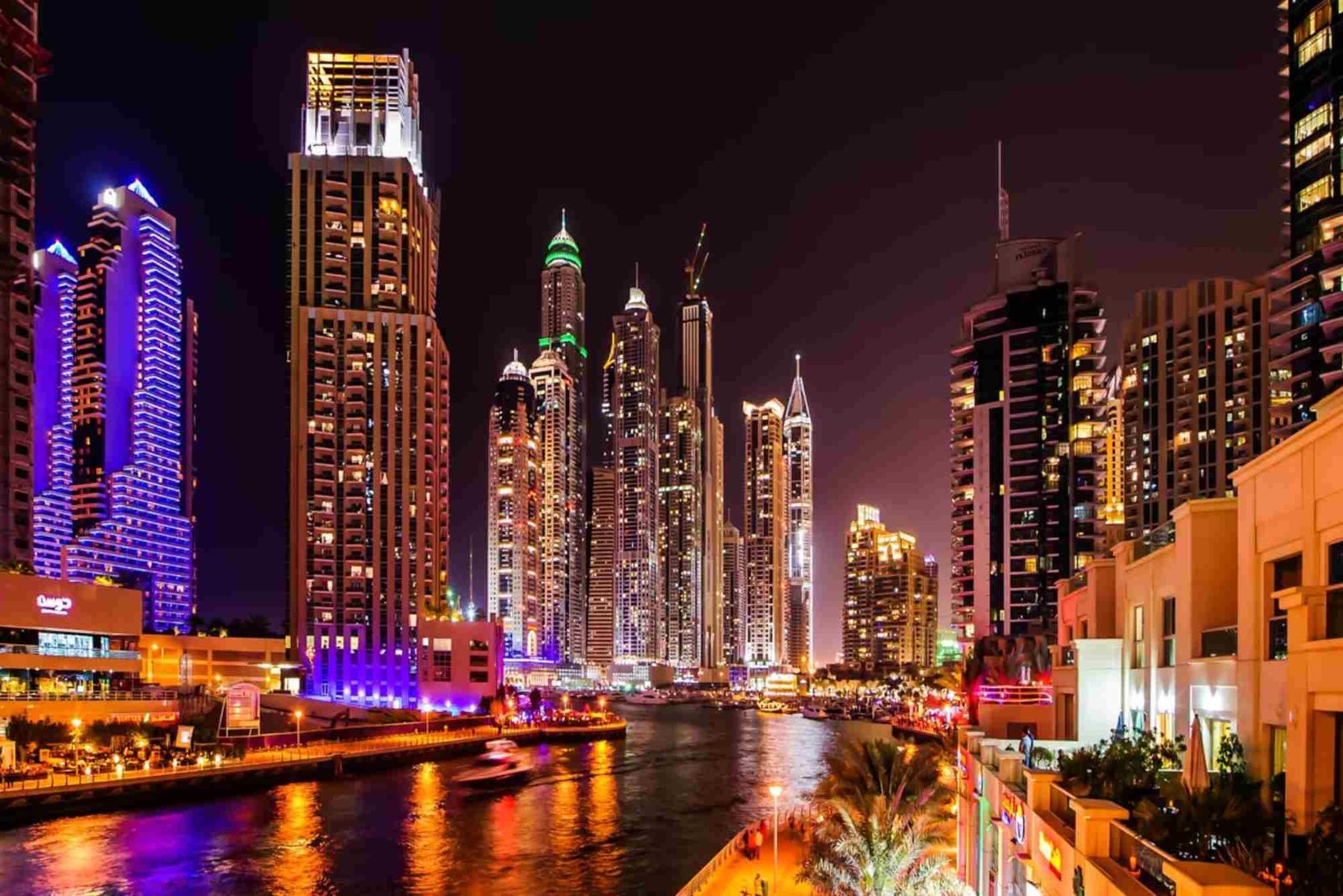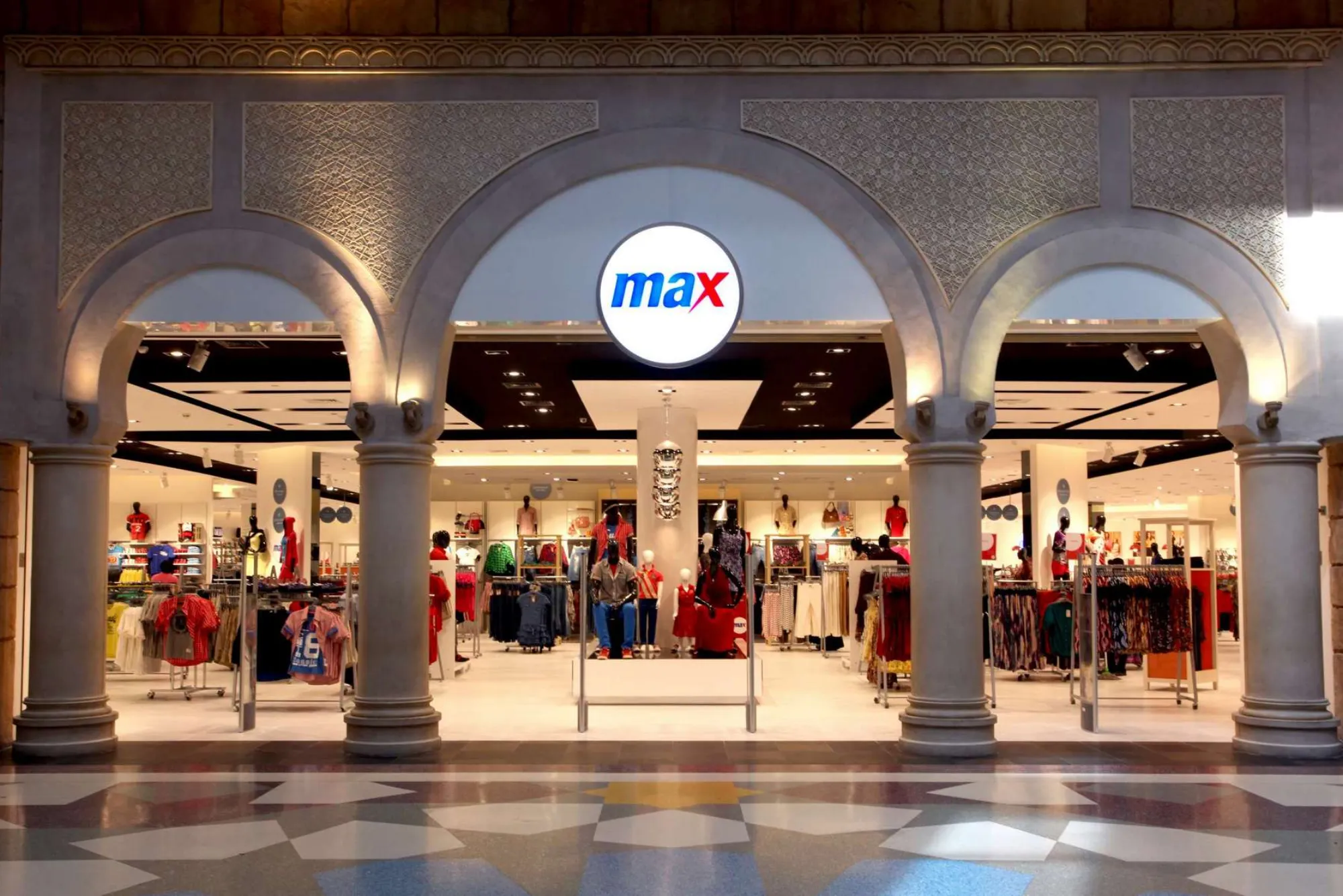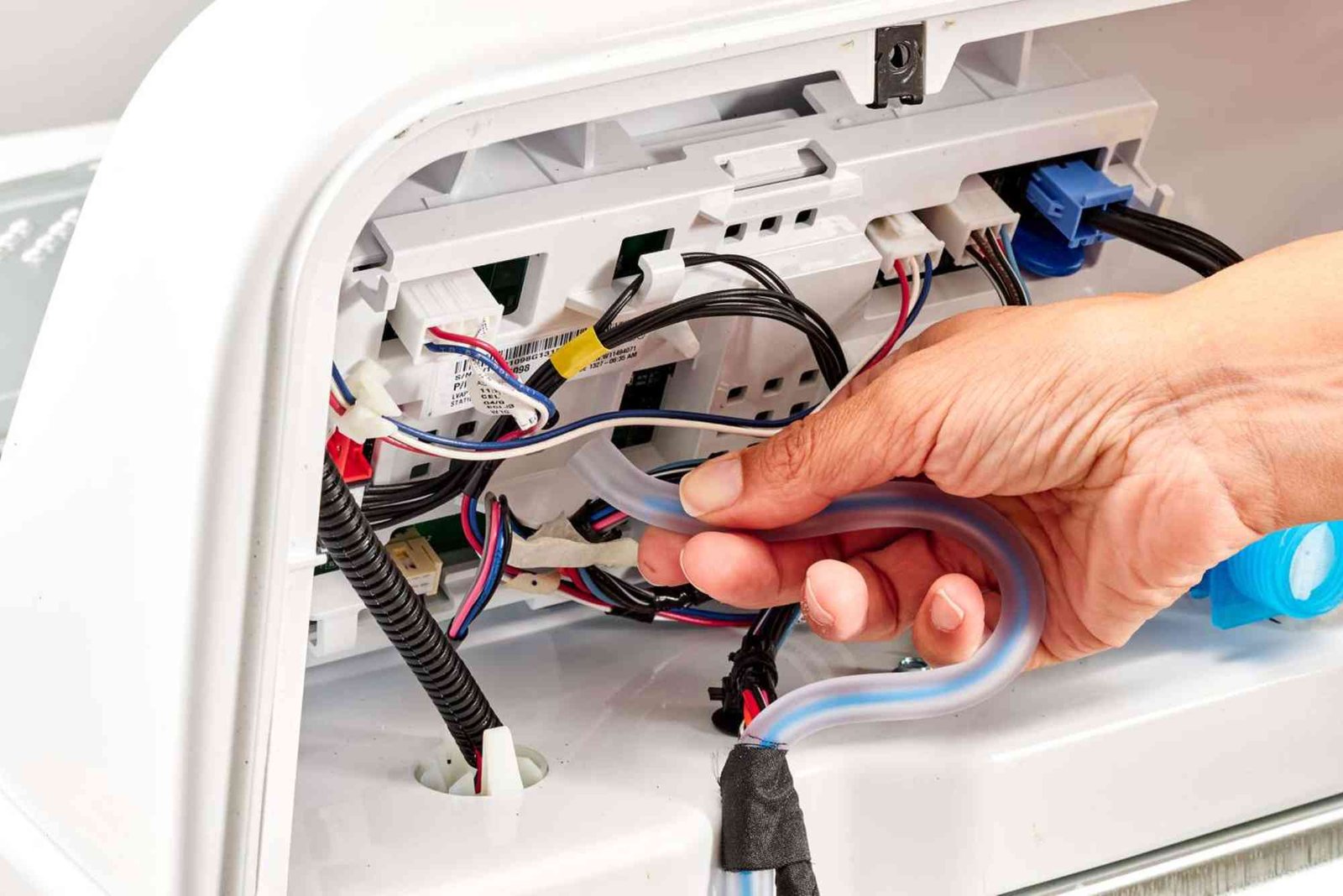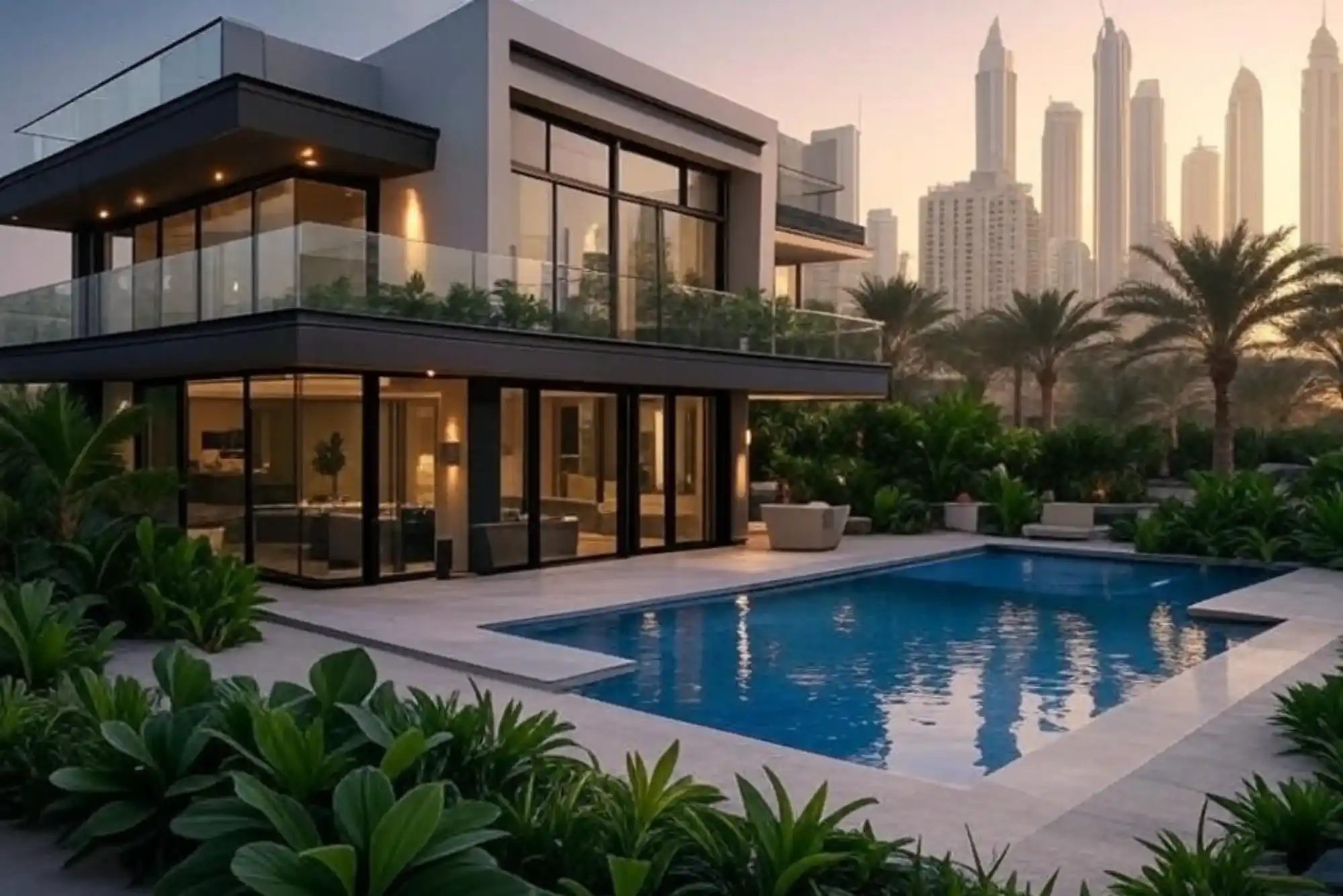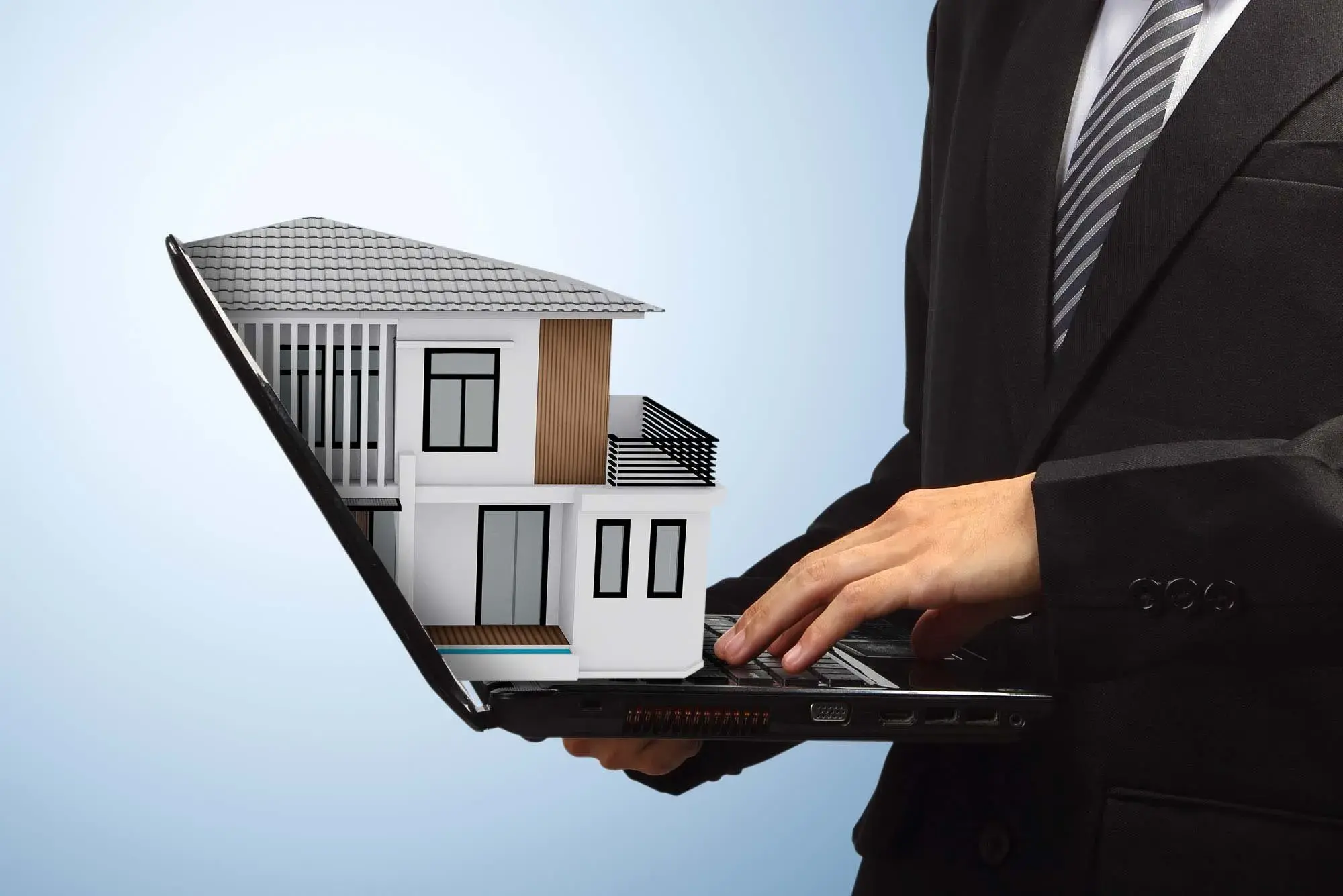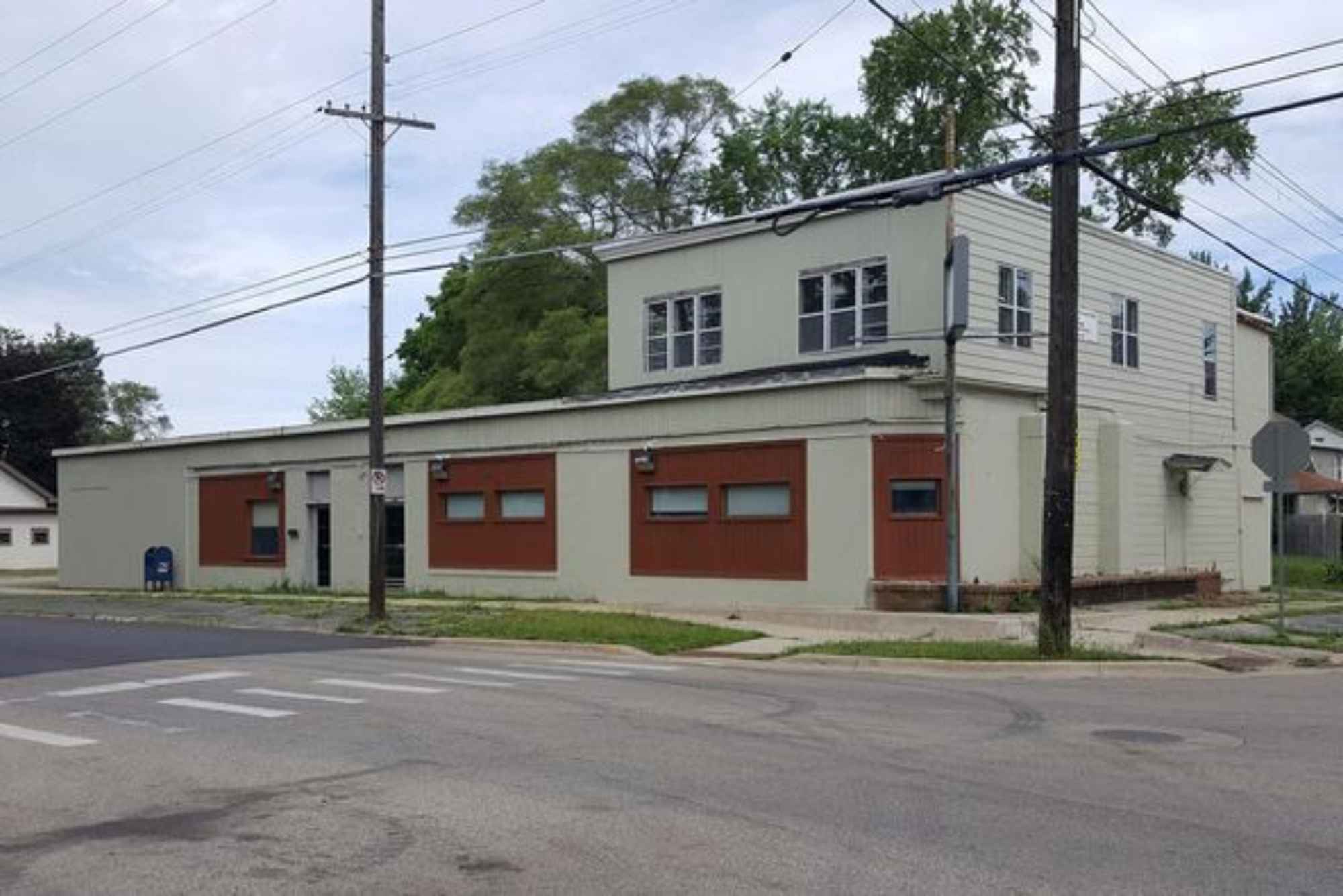Introduction
Dubai has always been a symbol of ambition and innovation, attracting global investors who see it as the gateway to the future. Over the past two decades, the city has transformed from a desert landscape into a skyline filled with architectural marvels. As 2025 and beyond unfold, the future of Dubai’s property market continues to spark curiosity among real estate experts, investors, and homebuyers worldwide.
Understanding Dubai’s Property Evolution
Dubai’s real estate journey is nothing short of remarkable. From the early 2000s boom to the 2008 correction and the post-pandemic rebound, each phase has added resilience and maturity to the sector. Investors today are not merely attracted by luxury towers but by long-term growth potential supported by economic diversification, regulatory reforms, and global connectivity.
The government’s vision for sustainable urban expansion, coupled with forward-thinking infrastructure like the Dubai 2040 Urban Master Plan, positions the city as one of the world’s most futuristic real estate markets. Understanding these developments is key for those who wish to navigate the future of Dubai’s property market effectively.
Recognize the Economic Drivers
The strength of Dubai’s property market is deeply tied to its economy. Unlike many cities dependent solely on oil, Dubai has successfully diversified into tourism, finance, logistics, and technology. This diversification creates a steady demand for both residential and commercial properties.
Dubai’s tax-free environment, investor-friendly visa policies, and a stable currency linked to the US dollar also make it one of the safest investment havens in the region. With Expo 2020’s legacy projects still influencing infrastructure and business growth, real estate continues to benefit from increased global exposure and sustained demand.
Evaluate Market Performance and Trends
Market analysts predict that Dubai’s property market will maintain steady growth through 2030. Prices in key locations such as Downtown Dubai, Dubai Marina, and Business Bay have shown consistent recovery post-pandemic. However, the city’s new emerging areas—like Dubai South, Jumeirah Village Circle, and Al Furjan—offer more affordable investment opportunities with high ROI potential.
Another defining trend is the shift towards sustainable and technology-integrated living spaces. Smart homes, green buildings, and energy-efficient designs are now top priorities for developers and buyers alike. The introduction of artificial intelligence, blockchain property transactions, and digital land registries have made property ownership more secure and transparent, further enhancing investor confidence.
Assess Demand from Global Investors
Dubai’s cosmopolitan population and open-door policies attract investors from Europe, Asia, Africa, and the Americas. Golden Visa programs allow investors and high-net-worth individuals to reside long-term, fueling steady demand for luxury apartments, villas, and waterfront properties.
As remote work becomes more common, Dubai has capitalized on its global digital hub status, offering residency to professionals and entrepreneurs through flexible visa options. This strategic move has increased property rentals and sales in both short-term and long-term markets, shaping the future of Dubai’s property market around hybrid living and workspaces.
Explore Government Policies and Reforms
The UAE government has introduced numerous reforms to ensure long-term sustainability and transparency in real estate transactions. The Dubai Land Department (DLD) continues to regulate the sector with strict compliance frameworks that protect both buyers and sellers.
Initiatives like fractional ownership, flexible payment plans, and off-plan registration have further opened doors for small and medium investors. The emphasis on environmental responsibility is also steering developers toward LEED-certified buildings and smart infrastructure that aligns with Dubai’s sustainability goals for 2040.
Identify High-Growth Investment Zones
The future hotspots of Dubai’s real estate market extend beyond traditional luxury zones. Areas like Dubai Creek Harbour, Mohammed Bin Rashid City, and Dubai Hills Estate are witnessing massive demand due to strategic locations and integrated lifestyle offerings. These communities offer modern amenities, schools, hospitals, and retail centers—making them attractive for families and expatriates.
Similarly, the growing importance of Dubai South near Al Maktoum International Airport positions it as a commercial and logistics hub of the future. With the planned expansion of the airport and connectivity to Expo City, investors are looking at long-term appreciation and rental stability.
Embrace Technology and Smart Cities Vision
Dubai is known for embracing technology faster than most global cities. The Smart Dubai initiative integrates artificial intelligence, blockchain, and data-driven solutions to enhance city management and service delivery. In real estate, this means paperless property transactions, 3D virtual tours, and secure digital contracts.
Smart communities like Dubai Silicon Oasis and Downtown’s “Future District” symbolize the merging of lifestyle and innovation. The integration of renewable energy sources, intelligent building management systems, and eco-friendly transport networks ensures that Dubai’s property market remains at the forefront of global smart city innovation.
Understand the Impact of Sustainability
Sustainability is no longer a luxury feature—it is a requirement. The Dubai 2040 Urban Master Plan prioritizes green corridors, renewable energy, and eco-friendly residential designs. Developers who align with these principles are expected to outperform competitors in terms of buyer interest and long-term value.
The city’s increasing focus on sustainable communities like Expo City Dubai reflects a global trend toward environmental responsibility. For investors, this means identifying developers who use sustainable materials, energy-efficient systems, and smart water management to create properties built for the future.
Analyze Supply and Demand Balance
While Dubai has experienced fluctuations in supply and demand, the government’s new data-driven approach ensures that overbuilding is carefully managed. The Real Estate Regulatory Agency (RERA) monitors new project launches to maintain balance, preventing speculative bubbles.
In 2025, the market remains balanced, with steady growth in mid-range housing and continued premium demand in waterfront and downtown developments. This equilibrium is essential to maintaining price stability and building investor trust.
Learn from Past Market Cycles
Every investor should study Dubai’s historical market performance before making future-oriented decisions. The lessons from the 2008 crash and the COVID-19 slowdown have strengthened regulatory measures and investor awareness. Dubai now emphasizes sustainable, data-backed growth rather than rapid speculation.
This maturity makes the future of Dubai’s property market more predictable and attractive. Seasoned investors can use these lessons to make informed decisions, balancing short-term gains with long-term portfolio growth.
Prepare for the Future—2025 and Beyond
Dubai’s roadmap for the next decade focuses on diversification, smart infrastructure, and global integration. Mega projects such as Dubai Creek Tower, Museum of the Future surroundings, and artificial islands continue to redefine luxury and innovation.
The real estate market is expected to integrate more digital solutions, green construction methods, and flexible ownership models. Investors who adapt early to these shifts—by embracing sustainability, technology, and data analytics—will find themselves at the forefront of Dubai’s next property boom.
Expert Insights: What Makes Dubai’s Market Stand Out
Real estate experts highlight that Dubai’s unique tax advantages, international appeal, and strategic geography make it one of the most desirable global property destinations. Whether you are investing in a luxury penthouse, commercial office, or mid-range apartment, Dubai offers unmatched lifestyle benefits and capital appreciation.
Moreover, Dubai’s real estate remains one of the few markets globally where high rental yields and long-term value appreciation coexist. The city’s commitment to safety, world-class infrastructure, and futuristic living standards solidify its reputation as a haven for smart investors.
Building the Future of Real Estate in Dubai
Dubai’s property market stands as a global model of resilience, innovation, and forward-thinking design. With a strong economy, smart governance, and an ever-evolving real estate landscape, the city’s future promises unparalleled growth opportunities for investors worldwide. Whether you are a seasoned buyer or a first-time investor, understanding The Future of Dubais Property Market step by step ensures that your decisions align with the city’s upward trajectory.
If you’re planning to invest or want deeper insights, explore The Future Of Tips and The Future Of Dubais Guide for expert resources and advice. You can also check this Related article on helloranker.com for additional insights into the evolving trends shaping Dubai’s property landscape.
FAQs
Q1: Is it a good time to invest in Dubai’s property market?
Yes, experts suggest that now is an excellent time. Dubai’s strong economic recovery, investor-friendly laws, and steady demand make it a favorable environment for both short-term and long-term investments.
Q2: Will Dubai property prices rise in the next five years?
Analysts predict a gradual rise through 2030, driven by population growth, government reforms, and international investor demand.
Q3: Which areas in Dubai offer the best future potential?
Dubai Creek Harbour, Dubai South, Mohammed Bin Rashid City, and Jumeirah Village Circle are among the top zones with strong future growth prospects.
Q4: How safe is it to invest in off-plan properties?
With the Dubai Land Department’s strict regulations, off-plan investments are much safer now. Always verify the developer’s credibility and project registration before purchasing.
Q5: How does sustainability affect property value in Dubai?
Eco-friendly and energy-efficient properties are increasingly preferred, offering higher resale and rental value in the long term.

